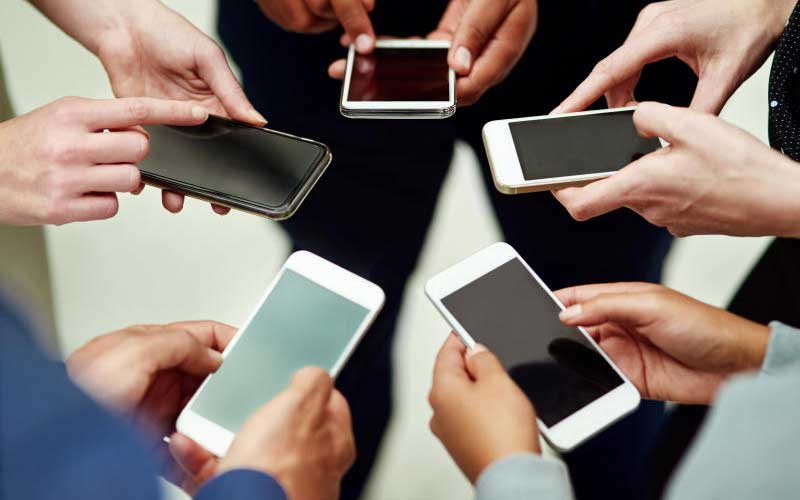×
The Standard e-Paper
Fearless, Trusted News

Do you guys remember those old school telephones; the ones that had a rotary dial that you had to spin to make a call? They had a cord that tied them down to one corner of the house where they could usually be found on a crocheted ‘kitambaa’ and covered by another. If you wanted to use the phone, you had to go and sit in that corner.